-
 09 Apr 2024How Do You Solve a Problem Like P&O Ferries?Two years have passed since the shocking and controversial dismissal of nearly 800 seafarers by P&O Ferries, a move that was executed without any notice or consultation. Yet, the questions about the company's treatment of its workers continue to linger. Allegations of Exploitation A recentLaw Reform and Policy
09 Apr 2024How Do You Solve a Problem Like P&O Ferries?Two years have passed since the shocking and controversial dismissal of nearly 800 seafarers by P&O Ferries, a move that was executed without any notice or consultation. Yet, the questions about the company's treatment of its workers continue to linger. Allegations of Exploitation A recentLaw Reform and Policy -
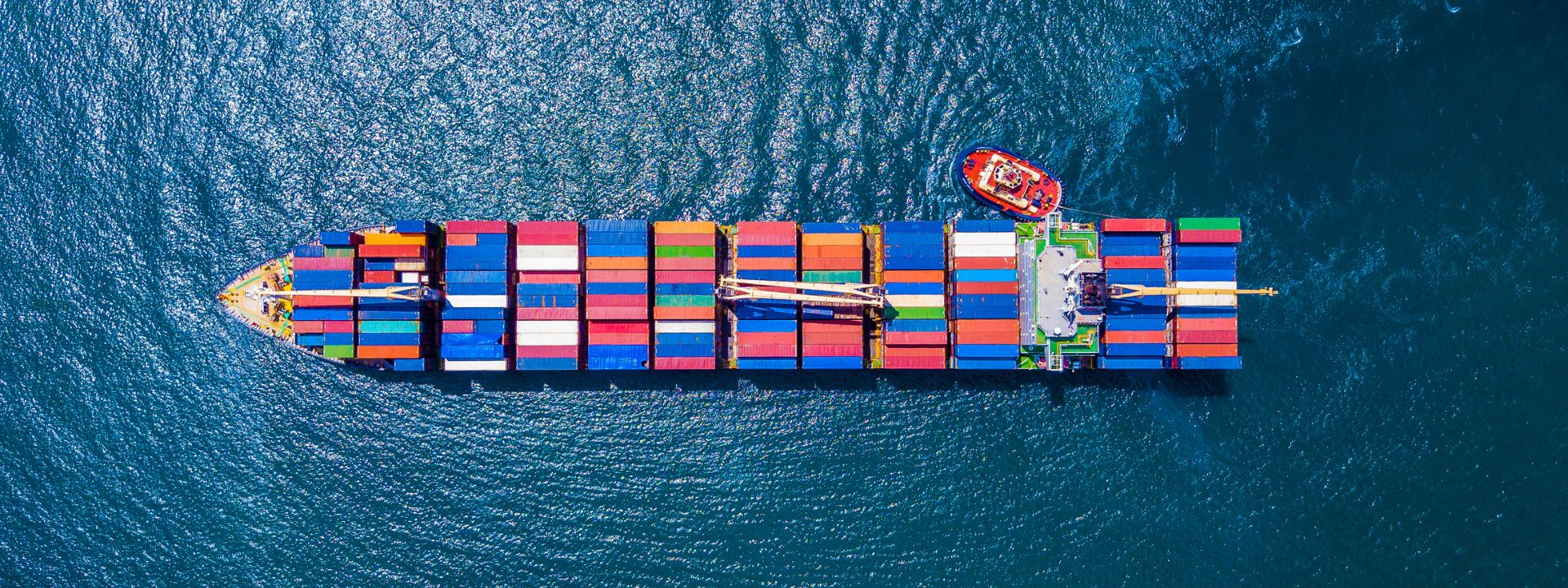 28 Mar 2024Bridge Collapse in Baltimore: Crisis at SeaAs the Dali embarked on its 27-day journey from the port of Baltimore to Sri Lanka, disaster struck the dead of night. The ship completely lost power shortly after leaving port, leaving the crewLaw Reform and Policy
28 Mar 2024Bridge Collapse in Baltimore: Crisis at SeaAs the Dali embarked on its 27-day journey from the port of Baltimore to Sri Lanka, disaster struck the dead of night. The ship completely lost power shortly after leaving port, leaving the crewLaw Reform and Policy -
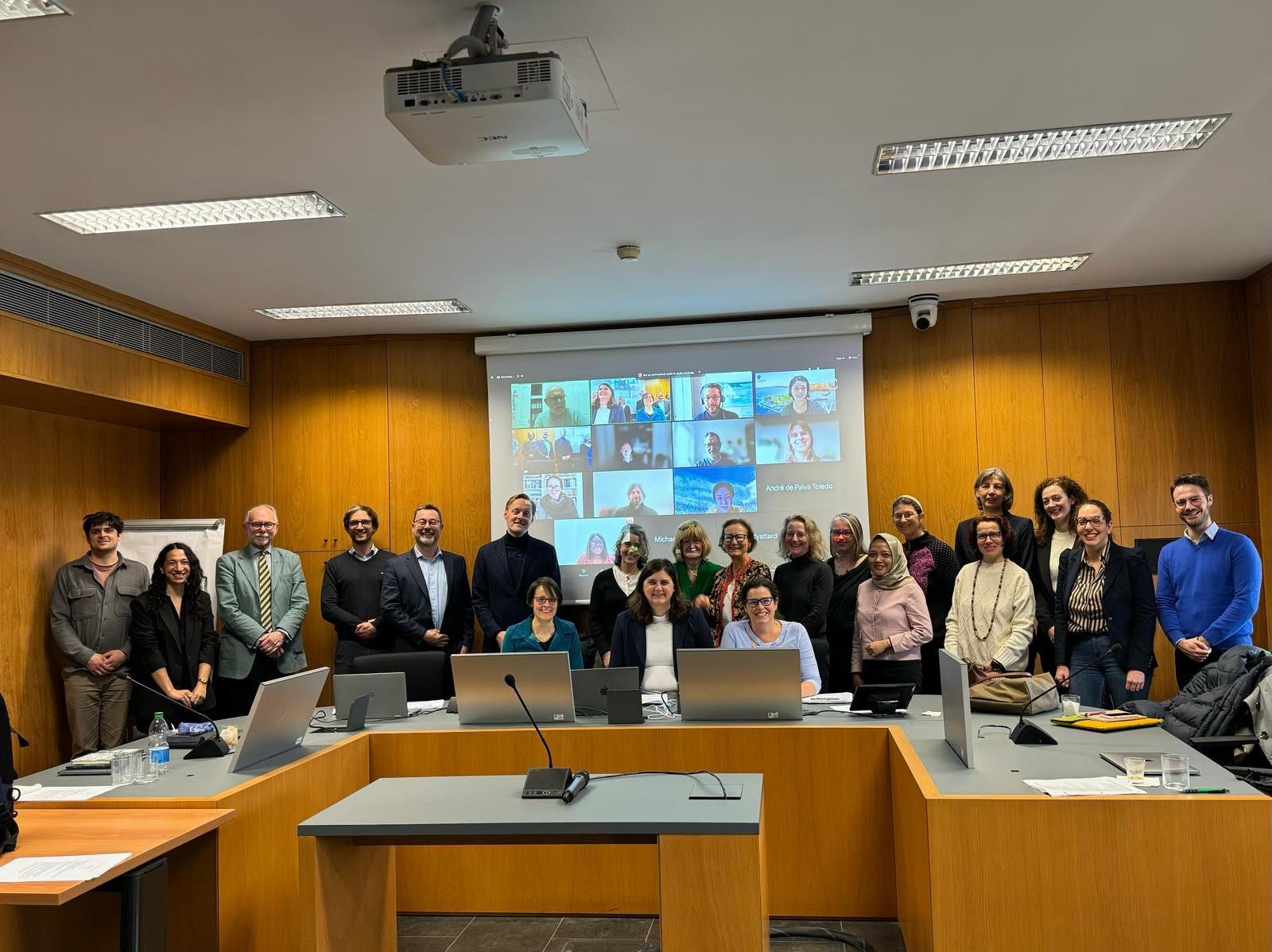 21 Mar 2024The International Law Association’s New Committee Champions Human Rights at SeaThe International Law Association (ILA) has taken a significant step forward by assembling a global team of experts to tackle the urgent issue of safeguarding individuals at sea, with a specific focusLaw Reform and Policy
21 Mar 2024The International Law Association’s New Committee Champions Human Rights at SeaThe International Law Association (ILA) has taken a significant step forward by assembling a global team of experts to tackle the urgent issue of safeguarding individuals at sea, with a specific focusLaw Reform and Policy -
 28 Feb 2024Pride in Maritime Day 2024 - Navigating Equality at SeaPride in Maritime Day was launched in 2022 as part of an initiative by the Pride in Maritime Network, an established network within Maritime UK's Diversity in Maritime programme. The network aims to identify barriers faced by the LGBT+ maritime community and educate and enable colleagues to empower
28 Feb 2024Pride in Maritime Day 2024 - Navigating Equality at SeaPride in Maritime Day was launched in 2022 as part of an initiative by the Pride in Maritime Network, an established network within Maritime UK's Diversity in Maritime programme. The network aims to identify barriers faced by the LGBT+ maritime community and educate and enable colleagues to empower -
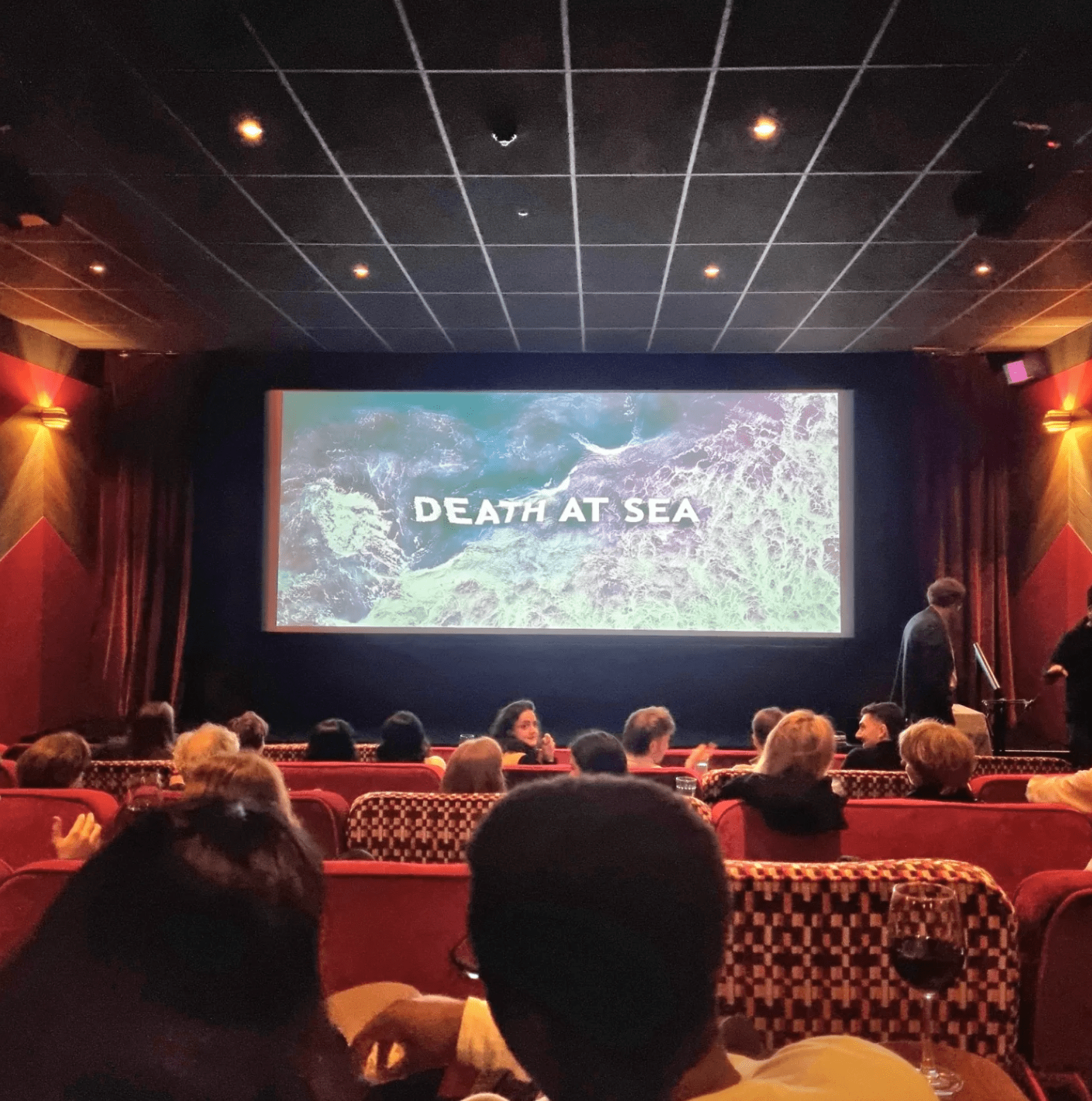 06 Feb 2024Human Rights at Sea Urges Global Adoption of Geneva Declaration Following Emotional Film Screening of Death at SeaIn January, we had the pleasure of hosting the premiere of ‘Death at Sea’, which delves into the tragic and untimely death of Eritara, a dedicated fisheries observer who went to work one day and neverLaw Reform and Policy
06 Feb 2024Human Rights at Sea Urges Global Adoption of Geneva Declaration Following Emotional Film Screening of Death at SeaIn January, we had the pleasure of hosting the premiere of ‘Death at Sea’, which delves into the tragic and untimely death of Eritara, a dedicated fisheries observer who went to work one day and neverLaw Reform and Policy -
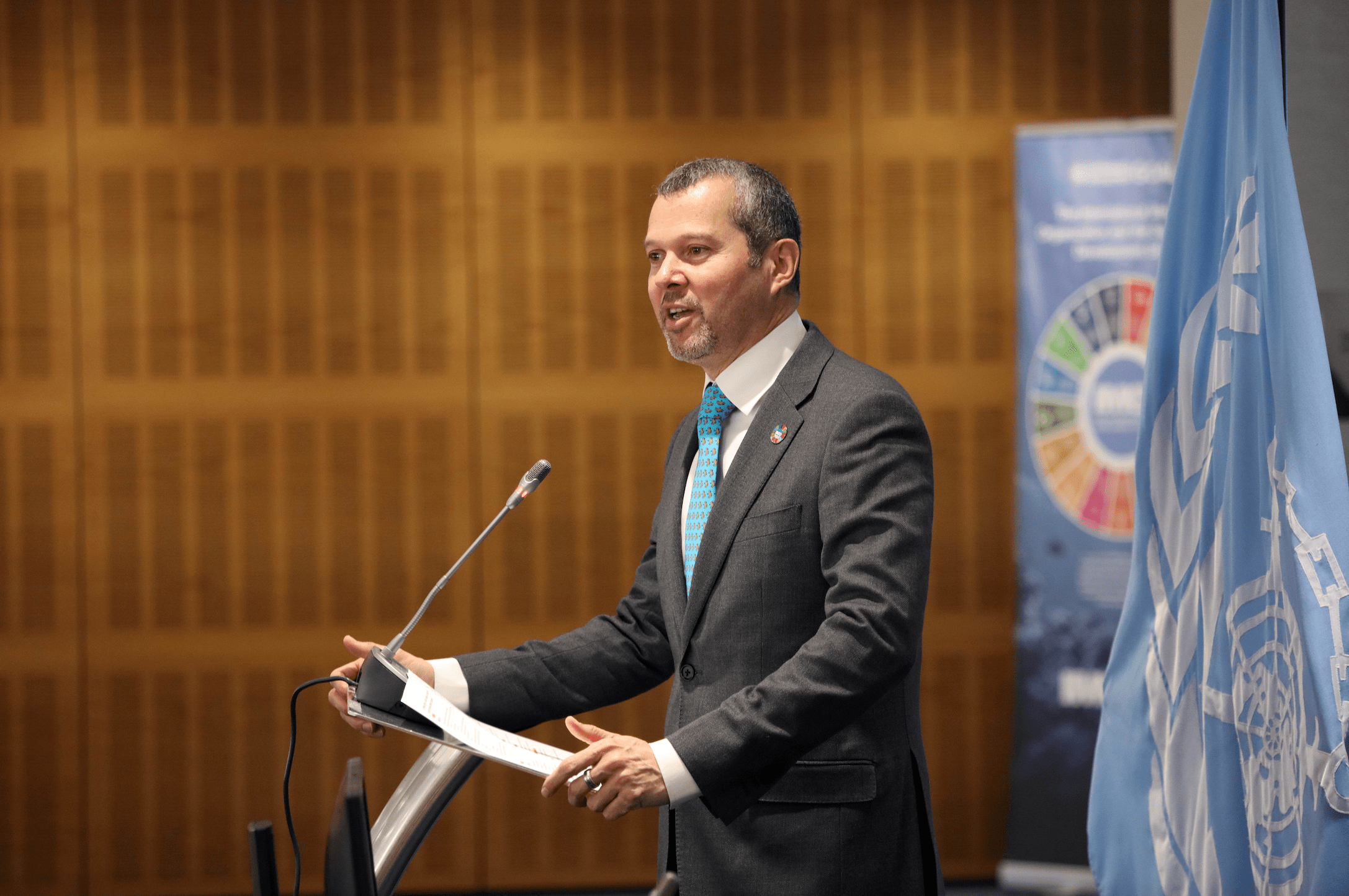 05 Feb 2024IMO's 'Fresh Agenda' Echoes the Call of Geneva Declaration on Human Rights at SeaInternational Maritime Organization Secretary-General Arsenio Dominguez recently outlined the organisation's "fresh agenda" and commitment to creating a safer, more secure, and environmentallyLaw Reform and Policy
05 Feb 2024IMO's 'Fresh Agenda' Echoes the Call of Geneva Declaration on Human Rights at SeaInternational Maritime Organization Secretary-General Arsenio Dominguez recently outlined the organisation's "fresh agenda" and commitment to creating a safer, more secure, and environmentallyLaw Reform and Policy -
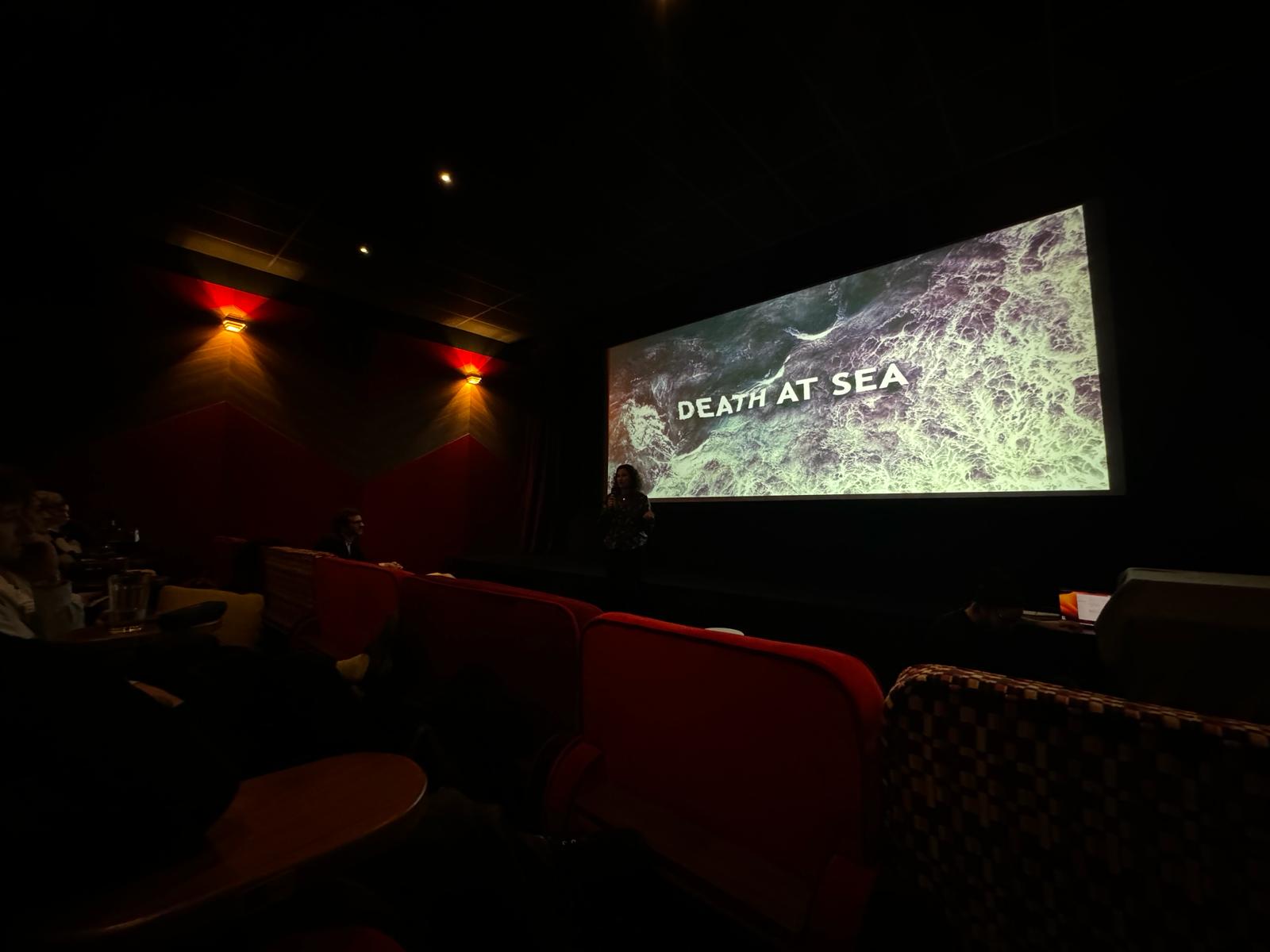 31 Jan 2024Groundbreaking Documentary ‘Death at Sea’ Premieres at Everyman Cinema Kings Cross, Shedding Light on the Unresolved Case of Eritara Aati KaieruaOn Tuesday night, we had the pleasure of hosting the premiere of 'Death at Sea' at Everyman Cinema, Kings Cross, a deeply moving film that delves into the harrowing story of Eritara Aati Kaierua, who tragically passed away onboard the Taiwanese-flagged fishing vessel, the Win Far 636, in March 2020
31 Jan 2024Groundbreaking Documentary ‘Death at Sea’ Premieres at Everyman Cinema Kings Cross, Shedding Light on the Unresolved Case of Eritara Aati KaieruaOn Tuesday night, we had the pleasure of hosting the premiere of 'Death at Sea' at Everyman Cinema, Kings Cross, a deeply moving film that delves into the harrowing story of Eritara Aati Kaierua, who tragically passed away onboard the Taiwanese-flagged fishing vessel, the Win Far 636, in March 2020 -
 18 Jan 2024"Death at Sea" Exposes Unanswered Questions in Fisheries Observer's DeathIn March 2020, Eritara Aati Kaierua, a devoted father and Kiribati fisheries observer, died in mysterious circumstances on the high seas in the Pacific, leaving his family heartbroken and searchingAccess to Justice
18 Jan 2024"Death at Sea" Exposes Unanswered Questions in Fisheries Observer's DeathIn March 2020, Eritara Aati Kaierua, a devoted father and Kiribati fisheries observer, died in mysterious circumstances on the high seas in the Pacific, leaving his family heartbroken and searchingAccess to Justice -
 10 Jan 2024Charting a Strategic Course for the Future of Human Rights at SeaFounded by David Hammond in 2013, Human Rights at Sea (HRAS) has evolved into a global force for justice, shaping policy, and raising awareness for all individuals living, working and moving on the
10 Jan 2024Charting a Strategic Course for the Future of Human Rights at SeaFounded by David Hammond in 2013, Human Rights at Sea (HRAS) has evolved into a global force for justice, shaping policy, and raising awareness for all individuals living, working and moving on the
